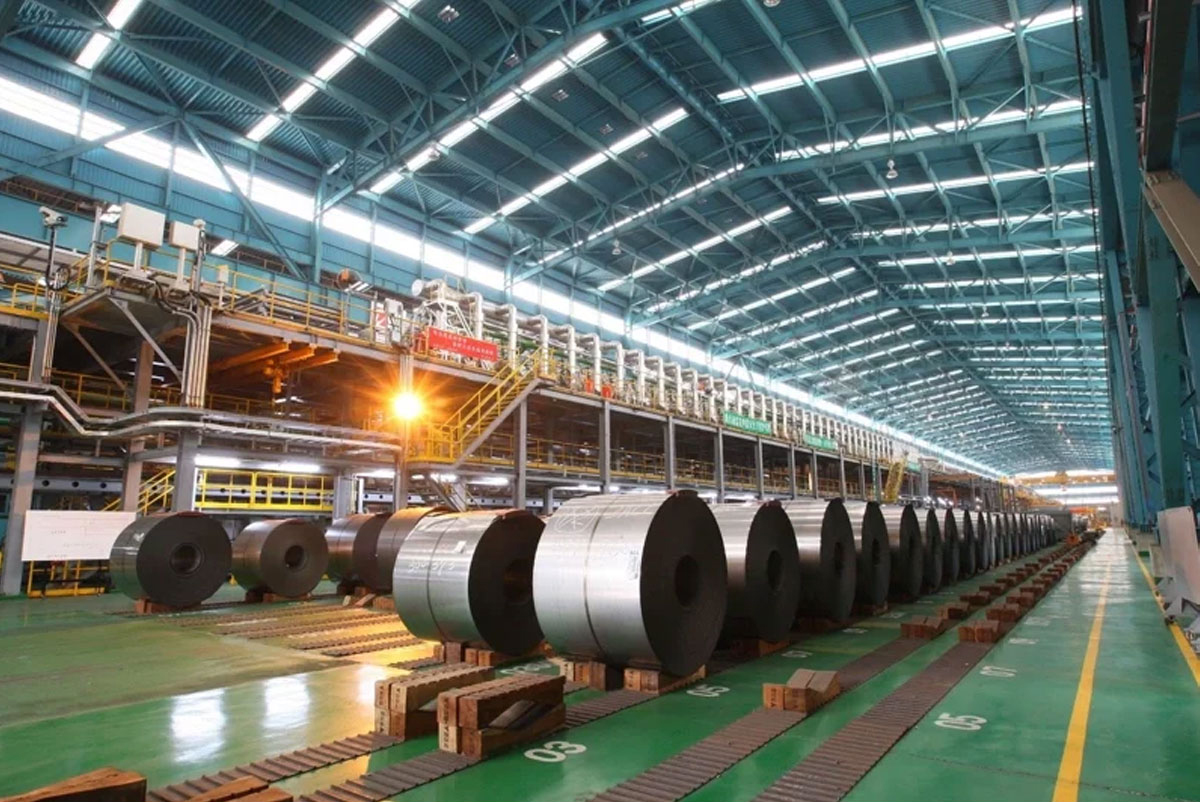Stainless steel coils are divided into austenite, ferrite, martensite, dual-phase (ferrite-austenite) stainless steel cold-rolled coils and stainless steel hot-rolled coils.
Executive standards: GB/T4238, ASTM/ASME, JIS G4305, EN10088, BSEN10028, GB/T3280, GB/T4237
Specifications: stainless steel hot rolled coil: thickness 1.5-15 width 1000 or 1219 or 1500 or 1800 or 2000 (including burrs)
Stainless steel cold rolled coil: thickness 0.3-3.0 width 1000 or 1219 or 1500 (including burrs)
Stainless steel cold-rolled coil: thickness 0.1-3.0 width 500 or 1600 (including burrs)
Product Name | Stainless Steel Coil & strip |
Length | As required |
Width | 3mm-2000mm or as required |
Thickness | 0.1mm-300mm or as required |
Standard | AISI,ASTM,DIN,JIS,GB,JIS,SUS,EN,etc. |
Technique | Hot rolled / cold rolled |
Surface Treatment | 2B or according to customer requirement |
Thickness tolerance | ±0.01mm |
Material | 201, 202, 301, 302, 303, 304, 304L, 304H, 310S, 316, 316L, 317L, 321,310S 309S, 410, 410S,420, 430, 431, 440A,904L |
MOQ | 5 tons.We also can accept sample order. |
Shipment time | Within 15-20 workdays after receiving deposit |

In order to ensure that the mechanical properties such as yield strength, tensile strength, elongation and hardness of various stainless steel coils meet the requirements, stainless steel coils must undergo heat treatments such as annealing, solution treatment, and aging treatment before delivery. The corrosion resistance of stainless steel coils mainly depends on its alloy composition (chromium, nickel, titanium, silicon, aluminum, etc.) and the internal structure of stainless steel coils, and the main role is chromium. Chromium has high chemical stability and can form a passivation film on the steel surface to isolate the metal from the outside world, protect the steel coil from oxidation, and increase the corrosion resistance of the steel coil. After the passivation film is destroyed, the corrosion resistance decreases.
Stainless steel coils are widely used in chemical, food, medicine, paper, petroleum, atomic energy and other industries, as well as various parts and components of construction, kitchen utensils, tableware, vehicles, and household appliances





































